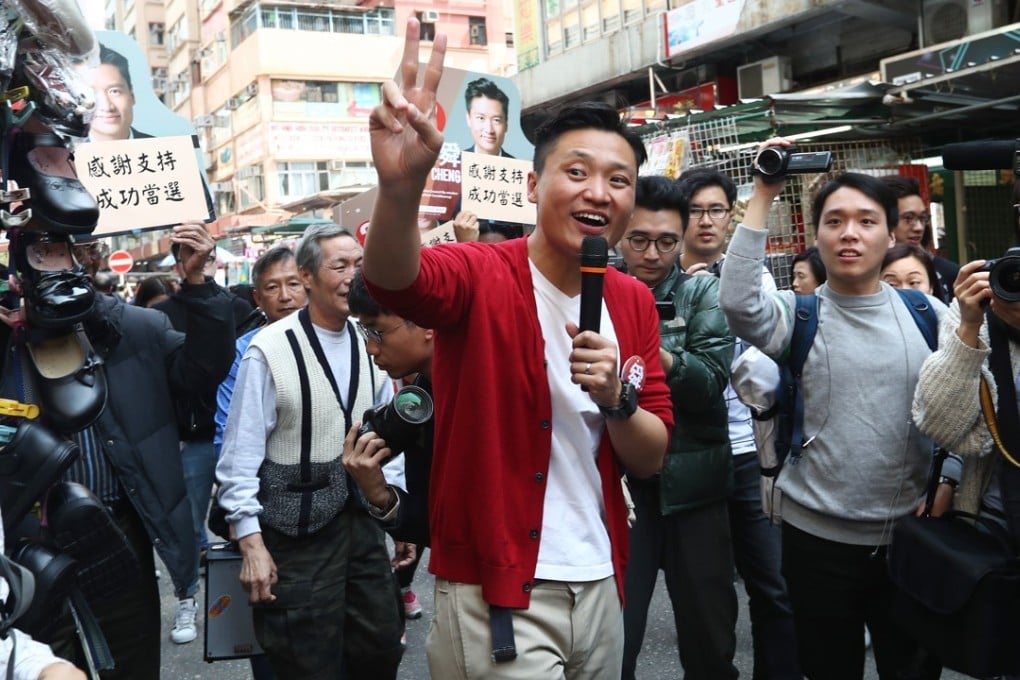Hong Kong by-elections show old ideas about local campaigning no longer hold true
Alice Wu says the real ramifications of last week’s by-election may not be known for some time, but DAB’s Vincent Cheng’s voter mobilisation and pan-democrat infighting are already clear takeaways

Things were expected to be more or less the same. Pan-democrats were expected to win all geographical constituency seats for the by-election, as they have won every single Legco by-election for a geographical seat since the establishment of the Hong Kong special administrative region in 1997. The long-held “golden ratio” of pan-democratic candidates receiving 60 per cent of votes while pro-establishment candidates get 40 per cent guarantees pan-democrats win by-elections in the geographical constituencies, done with the first-past-the-post voting method.
